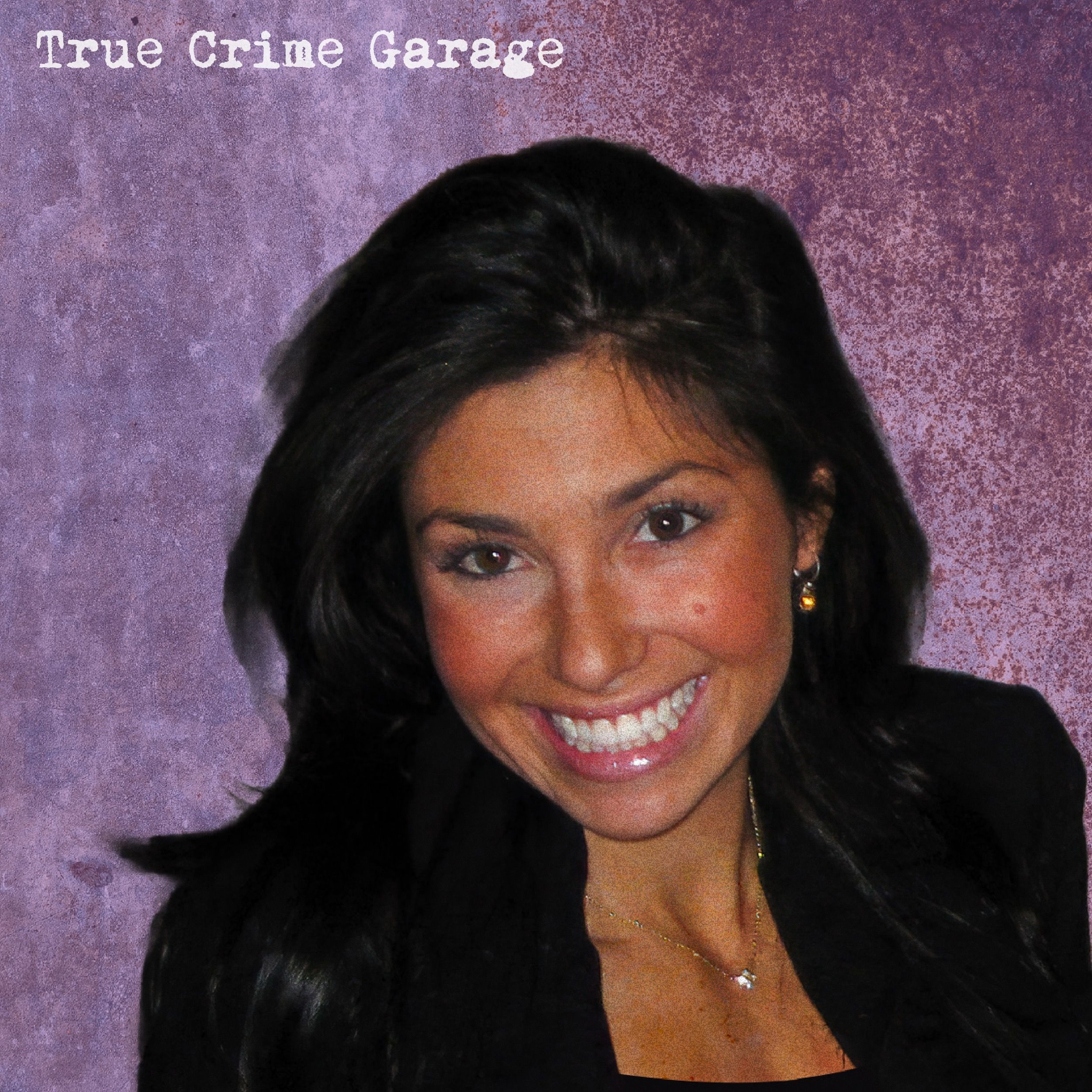Mindhunter /// Part 2 /// 869
Tried, tested, and true - one of our favorite Crime series of all time is the Netflix original Mindhunter. Mindhunter is mostly real true crime tales from the F.B.I. Season One kicks things off in 1977 with legendary agents John Douglas and Robert Ressler partnering up and stepping into the minds and the madness of serial killers. Join Nic & the Captain as they celebrate this great series by exploring the true crime tales from the Mindhunters and the F.B.I.
Press play and read along
Transcript
Transcript is processing—check back soon.
True Crime Garage — Mindhunter /// Part 2 /// 869





